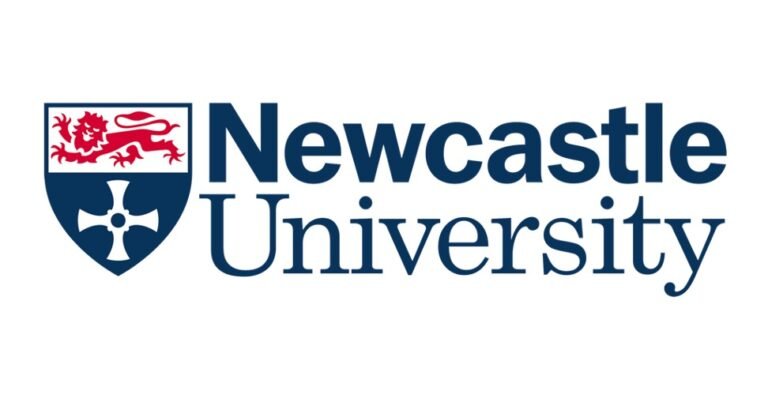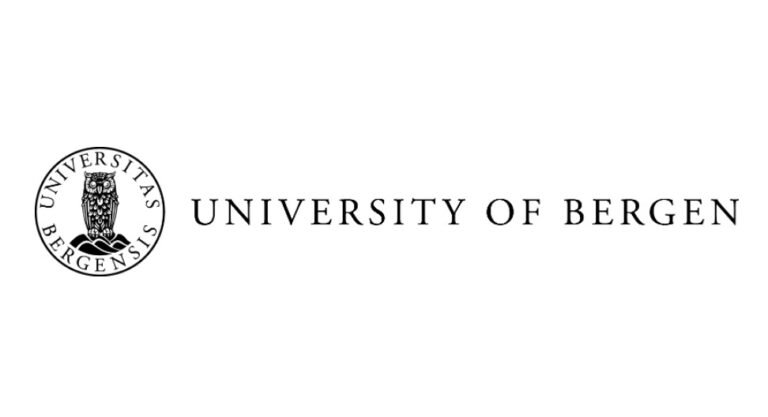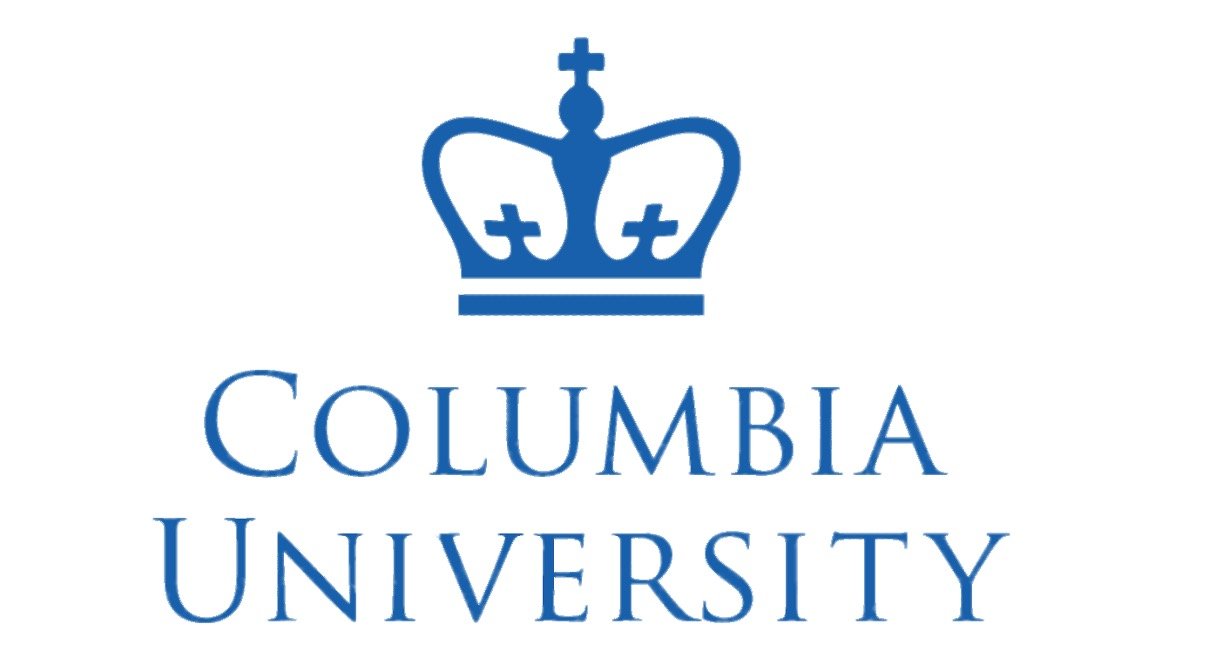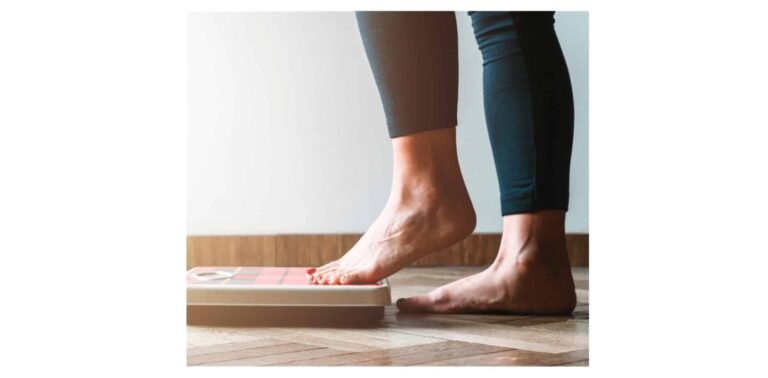The mission statement of the CSCE (Sustainable Catalysis and Engineering), led by Prof. Dr. Bert Sels, is to produce knowledge to foster a better understanding of the role of heterogeneous catalysis in the upcoming circular and carbon-smart economy. CSCE research covers the range of fundamental to applied catalysis research, both in chemistry and engineering. https://sels-group.eu/
The research group “Analytics in System Imaging” of Prof. Dr. Maarten Honing, at the University of Maastricht, is dedicated to the design and development new mass spectrometry-based methodologies for the time and molecular structure resolved analysis of (bio)chemical processes. https://www.maastrichtuniversity.nl/m.honing
Project
The overall objective of this research project is to create a more fundamental understanding of the chemistry of the RCF biorefinery depolymerization process (KU Leuven) and the most important factors controlling the lignin product quality output. This fundamental understanding will be achieved by combining KU Leuven unique biorefinery expertise producing novel lignin products and the in-house analytics of them, and the advanced analytical techniques at University Maastricht. Indeed, it is a major objective of this research project (Maastricht University) to develop advanced ion mobility spectrometry-based methodologies to profile the RCF lignin oligomers, able to separate and quantify the high number of structural isomers. Combination of the complementary expertise’s of biomass conversion, chemical engineering and process analytics will enable a highly improved and more detailed insight in the effective and efficient depolymerization of lignin oil to valuable biobased chemicals.
– You are recently graduated with a master’s degree in chemical engineering, organic chemistry, materials science, or a related discipline
– Your grades show academic excellence and allow direct access to the doctoral program of KULeuven
– You are highly motivated for applied chemistry research with a strong fundamental basis
– You intend to pursue a PhD degree, committing to a four-year research period on the described project.
– You have an aptitude for hands-on laboratory work and have some experience with relevant experimental research in the field from a master’s thesis (or other).
– You can work independently, and able to report your progress in an accurate and timely fashion.
– You aim to become a valuable member of the research group, sharing your (future) expertise to support the whole research group.
– Your English is fluent, both spoken and written (please check admission requirement of KULeuven: Admission requirements)
– You can start at the latest in the period January-February 2025
– Full-time PhD position with a joint doctoral scholarship, shared between KU Leuven and Maastricht University (joint PhD degree).
– The opportunity to work at KU Leuven (50% of time), one of the most innovative universities (and cities) in Europe, as well as in Maastricht University (50% of time), the most international university in the Netherlands.
– International working environment and possibility to present your work at international conferences.
– A state-of-the-art experimental infrastructure.
– To support you during your PhD and to prepare you for the rest of your career, you will participate in the doctoral training programs
Candidates can apply by submitting their CV, motivation letter and grade lists via the online application tool. Please also include when you would be available to start, and the names and contact details of at least two relevant references (preferably senior researchers) that are willing to write a letter of recommendation upon request. Incomplete applications will not be considered.
For further questions: csce.applications@kuleuven.be.
For more info on the research group: https://sels-group.eu
We look forward to your application.
KU Leuven strives for an inclusive, respectful and socially safe environment. We embrace diversity among individuals and groups as an asset. Open dialogue and differences in perspective are essential for an ambitious research and educational environment. In our commitment to equal opportunity, we recognize the consequences of historical inequalities. We do not accept any form of discrimination based on, but not limited to, gender identity and expression, sexual orientation, age, ethnic or national background, skin colour, religious and philosophical diversity, neurodivergence, employment disability, health, or socioeconomic status. For questions about accessibility or support offered, we are happy to assist you at this email address.











